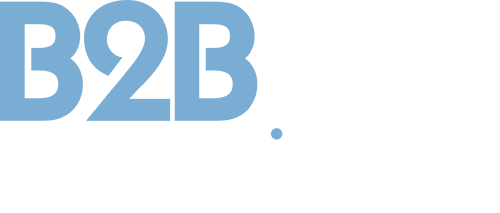The household WEEE recycling rate for the first three quarters of 2012 has dipped slightly when compared to the same period in 2011, according to Environment Agency data. They indicate that the UK is still significantly short of meeting a 45% recycling rate required in 2016.
The data shows that the tonnage of waste electrical and electronic equipment (WEEE) collected between January and September 2012 fell to 368,527 tonnes, compared to 380,915 tonnes for the same period in 2011. The amount of B2B WEEE collected throughout the first nine months of 2012 also fell in comparison to the same period in 2011. A total of 103,705 tonnes was collected, down from 108,101 tonnes in 2011.
As the tonnages collected in January to September 2012 remain broadly similar to the same period in 2011, during which time the UK achieved a 38% collection rate, the UK still appears to be short of the 45% target set out under the WEEE Recast, set to come into effect from 2016.
The figures come despite collections in the third quarter of 2012 reaching an annual high. However, the total amount of new equipment entering the market has also fallen, from more than 790,000 tonnes between January and September in 2011, compared to just over 780,000 tonnes for the same period in 2012. This extends a trend seen over the last four years, thought to have been caused in part by falling consumption resulting from global financial problems as well as manufacturers opting to replace older products with lighter-weight equivalents.
However, collections in the small household appliances category, which includes items such as vacuum cleaners, irons, and toasters – seen to be among the key groups in which an upturn in collection rates will be needed for the Recast targets to be met – has risen, up to 25,291 tonnes collected between January and September 2012 from 24,223 tonnes for the same period in 2011.
There are still challenges to be faced to meet the new targets under the Recast of the WEEE Directive as indicated by the latest statistics, B2B Compliance continues to work with BIS and other stakeholders to assist with what we hope are pragmatic solutions to meeting the potential targets.


